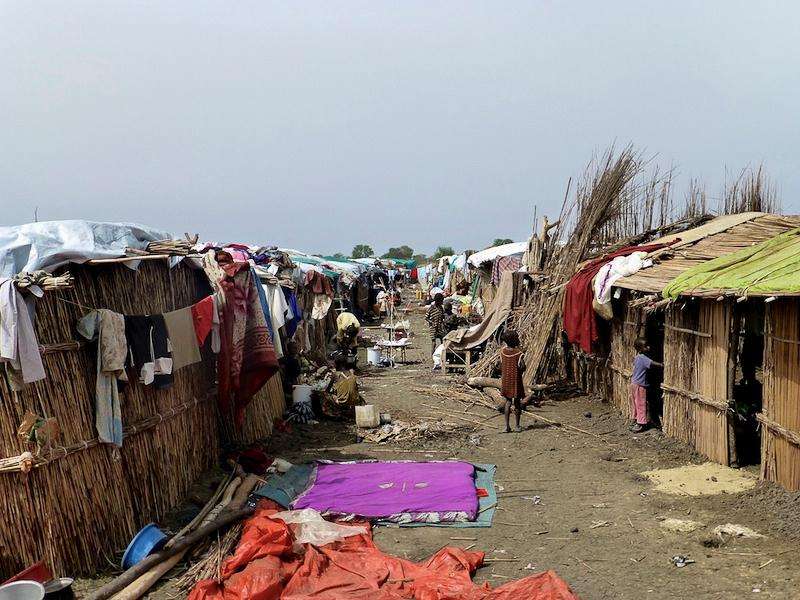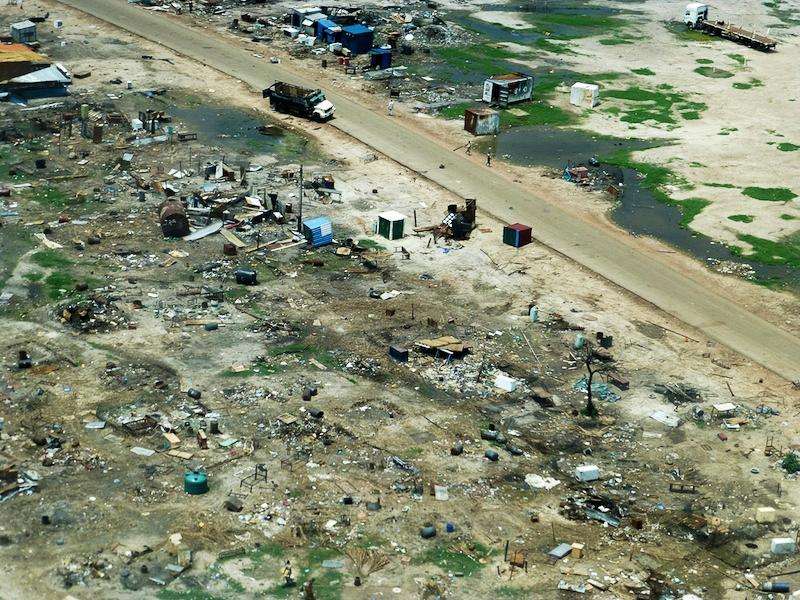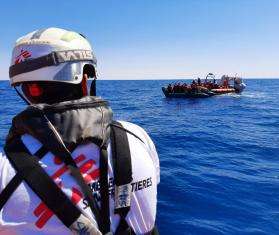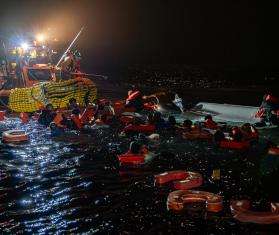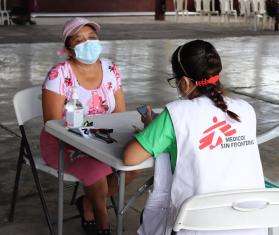Accounts of recent violence in Bentiu, South Sudan, collected after fighting that occurred on and after April 15, 2014 in the area.
Doctors Without Borders/Médecins Sans Frontières (MSF) teams had been working in the area, and MSF issued a press release about the brutal attacks on civilians that occurred, “South Sudan: Gruesome Targeted Killings in Hospital.”
HOSPITAL EYEWITNESS 1:
Fighting started around 6:30 in the morning. Civilians and defectors had fled to the hospital compound when fighting started. Opposition forces entered the compound around 9:30 searching for defectors. The soldiers were accusing us of being on the side of the Government, saying anyone that stayed in Bentiu under government control were traitors. We told them we were medical staff. They started gathering defectors.
I was hiding under one of the buildings with other hospital staff. We saw a group of people killed. In the group was a Ministry of Health staff, a Darfuri man, 1 Nuer woman and 2 Nuer men. The Darfuri resisted being taken away and the entire group was killed. 22 Darfuri were taken behind the compound and 21 of them were killed. One was a child, so he wasn’t killed.
Later, I saw the bodies of three Darfuris that had been killed in front of the hospital and another three Darfuris that were killed inside the hospital grounds. I was here when they brought the wounded Darfuris from the mosque. They were beaten and robbed by other patients in uniform, who didn’t want them in the hospital. After the soldiers left, I went to the UNMISS compound – I don’t feel safe at the hospital anymore. Many people have relations in both armies. I’m afraid to leave the UN base.
HOSPITAL EYEWITNESS 2:
The Anti-Government Forces arrive around 9:30. They told everyone to come out of the buildings and not to hide. They said they were looking for defectors, not civilians.
They started searching room by room and under buildings. They killed people that didn’t cooperate or resisted being taken away. Three Darfuris were killed in front of the hospital compound, 2 Darfuris and 1 Dinka were killed near the back gate. In one building, 4 Nuer men and 1 Nuer woman were killed. One of them worked for the Ministry of Health. Outside that building, a Darfuri was killed. More were killed behind the compound.
It will be hard to operate the hospital now; of 54 nurses, only 22 have returned and of 20 medical officers only 3 have returned. We were doing 300 to 500 consultations in our Outpatient department before the fighting. In the past few days, we have only done 76. We rely on the MOH, so now that we are cut off from them, it will be impossible to get supplies. Even if the patients come back, it will be hard to do more consultations without more staff. But they are afraid there will be more violence.
HOSPITAL EYEWITNESS 3:
The morning of the fighting, people came to the hospital for safety, including children who had been separated from their families. Later that morning, soldiers came into the hospital. They started shooting people who ran away or tried to hide. If you stopped, it was okay. Under one building, they shot one Dinka and one Darfuri who were trying to escape. One didn’t die right away, I tried to save him, but he died later. I think 2 Ministry of Health staff were killed. A group of at least 20 Darfuris were killed as they tried to escape out the back gate. There were also Nuer who were killed for being traitors.
Later I saw the bodies of three Darfuris that were killed outside the front gate. I am staying in UNMISS now. I will not say that I feel safe working at the hospital, but what am I supposed to do?
MSF PATIENT 1:
I work as a businessman in the market. When rumors started that the opposition was going to attack, a group of us decided to go to UNMISS for protection. We were stopped by the SPLA and asked where we were going. We told them we wanted to go to UNMISS to be safe, but they wouldn’t let us go through; they said that the security situation was going to be fine.
We went back to the market, but started sleeping in the mosque for safety. When the fighting started, we all went to the mosque. There were many, many people there, including Ethiopians, Eritreans, Sudanese and women and children. Uniformed men came inside, first one group and then another. They kept asking for money. Another group came in and started shooting at people and asking if we were fighters and telling us to give them our guns. We told them we didn’t have any. Everyone was lying on their stomachs and there were armed men at all the windows and doors.
After the shooting first started, another group of the rebels came and told the ones shooting to stop killing people. After I was shot, I lost consciousness. Later, the same group of rebels that told the shooters to stop killing us gathered the injured and took them to the hospital. UNMISS came and got us and brought us here to this hospital. I am waiting for surgery. Then I just want to go home.
MSF PATIENT 2:
I have a business in the market. I had just brought goods back from Juba when the fighting started. I ran to the mosque. There were between 200 and 300 people there. Rebels came in and started accusing us of being on the side of the government. They took our money and then started shooting us. Another group of armed men came and started yelling, “Why are you killing them?” The shooting finally stopped.
So many people were killed, I couldn’t count. I saw five women killed and two children. The same group of rebels that stopped shooting took the injured to the hospital. While we were there, men in uniforms came and beat us, taking our blankets and other belongings. We stayed there until UNMISS came and got us to bring us here to safety.
